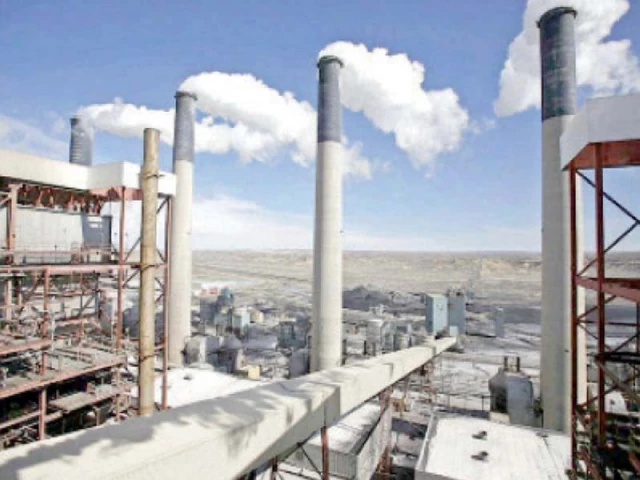Businessmen term gas levy 'irrational, unfair'
KATI president says captive power is already costlier than grid electricity

Korangi Association of Trade and Industry (KATI) President Mohammad Ikram Rajput has strongly opposed and rejected outright the imposition of gas transition levy on captive power consumers, terming it unjustified, unreasonable, and based on a flawed methodology.
Rajput said that according to a technical analytical report prepared by KATI, even if the gas price is set at Rs3,500 per million British thermal units (mmBtu), the cost of power generation through captive plants still remains higher than the cost of electricity obtained from the national grid under the B3 industrial tariff.
"This clearly proves that the goal of discouraging captive generation and shifting industries to the national grid has already been achieved. There is no justification for imposing any additional levy," he added.
Rajput criticised the estimation method used to justify the levy, saying it was "fundamentally flawed," leading to artificially inflated cost comparisons and misguided policy decisions. He warned that implementing such a levy on weak analytical grounds is not only economically irrational but also damaging to industrial confidence and the stability of the energy market.
The KATI president urged Sui Southern Gas Company (SSGC) and the Oil and Gas Regulatory Authority (Ogra) to immediately defer the levy's implementation until the estimation process is reviewed transparently in consultation with all stakeholders. He pointed out that gas supply is currently abundant, while gas companies themselves are suffering heavy financial losses amounting to hundreds of billions of rupees. "In such circumstances, imposing an additional levy and making gas unaffordable is completely illogical," he said.
Rajput noted that industries in Karachi are already burdened with high electricity and fuel costs, and placing further unjust financial pressure on them would adversely affect industrial production, exports, and employment. "The price of energy is directly linked to national competitiveness and economic growth," he stated, warning that policy decisions based on unverified data could harm the country's economic progress.
Rajput reaffirmed KATI's commitment to working with policymakers and regulators to promote transparent, technically sound, and equitable reforms in the energy sector.




















COMMENTS
Comments are moderated and generally will be posted if they are on-topic and not abusive.
For more information, please see our Comments FAQ